READY TO GET STARTED?
REQUEST A FREE ESTIMATE
Fill out the form below or call (888) 466-7849 for a free, no-obligation estimate.

House mice, roof rats, Norway rats, and other rodents seek our homes as a place for shelter to breed and search for an available food source to survive. These creatures are known to contaminate our environments and spread diseases such as plague, tularemia, and hantavirus. Rodents will often chew through insulation and electrical wiring, creating the risk of a fire. Placing do-it-yourself rodent-proofing measures throughout your home will protect your property and family from these pests.
Rats and mice seek out food, water, and shelter in homes, so it’s important to eliminate these factors from your property to avoid an infestation. Let’s review our DIY rodent-proofing tips for your Florida property:
If you’ve noticed signs of rodents or would like extra help with rodent-proofing, call a pest control company near you! Professionals will provide you with a free analysis and a recommended rodent control treatment and prevention plan!
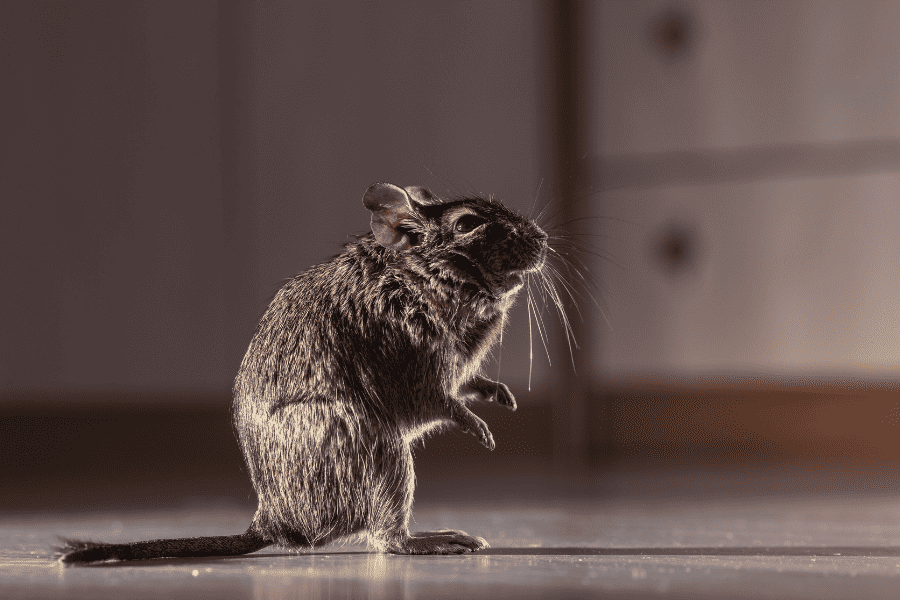
Contamination, disease, and property destruction are all possible in your home if a rodent invades it! Rodents, including mice and rats, can be destructive creatures and once they’ve invaded your home, it can be difficult to remove them since they reproduce so quickly! One of the best ways to ensure these pests don’t enter your Florida home is taking the necessary precautions to avoid them in the first place. We break down the types of rodents to be cautious of and our best do-it-yourself rodent prevention tips to keep rodents out of your Sunrise home.
Rodents are attracted to food, water, and available shelter, so it’s crucial to eliminate these factors from your property to avoid a rat and mouse infestation. Check out our DIY rodent prevention tips for your Florida property:
If you suspect you have a rodent infestation or are interested in getting ahead of preventing them, call your local pest control company. Professionals will provide you with a thorough inspection, identification of the rodent, possible entry points, and a rodent control and prevention plan.
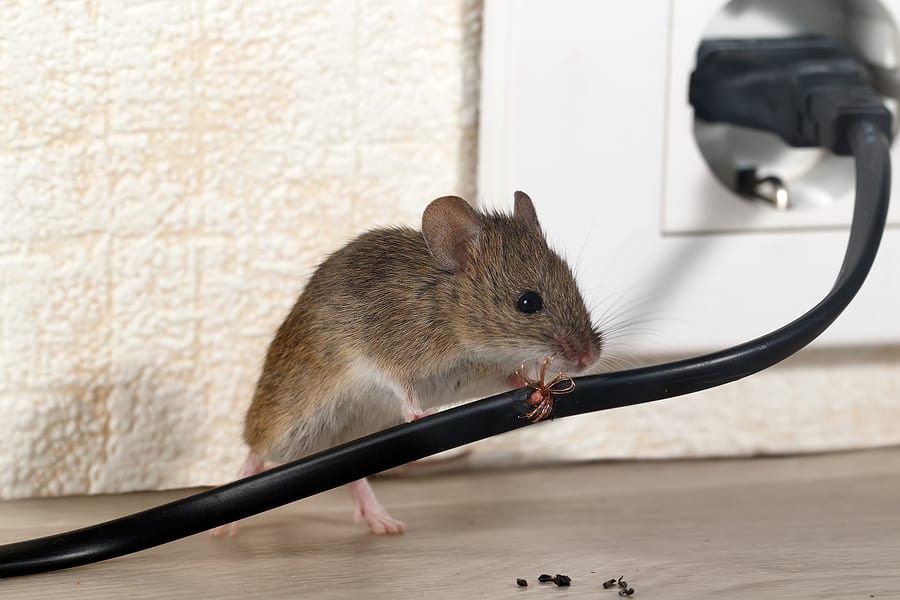
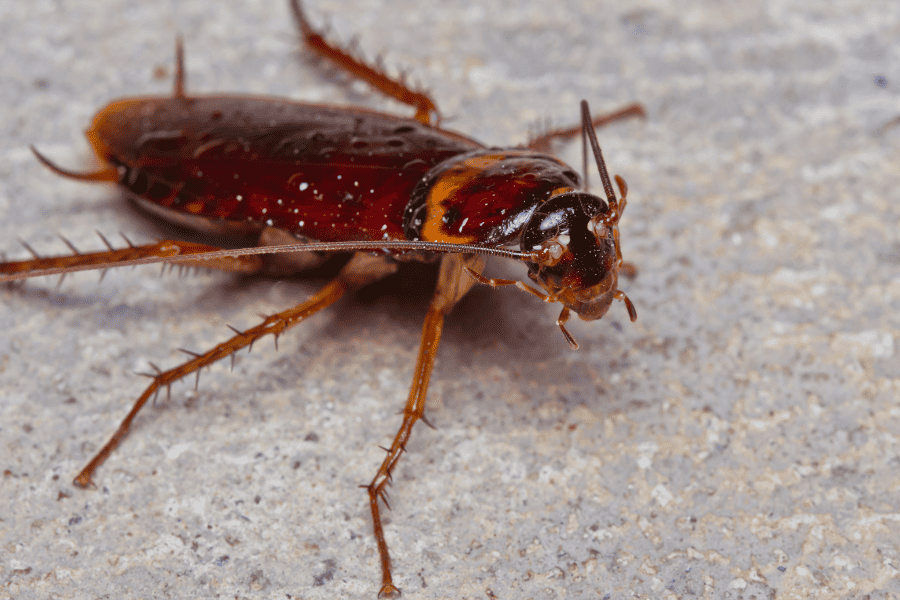
Cockroaches are common household pests seeking a warm environment to provide them with food and water. These pests can pose a serious health risk to humans as they transmit diseases and trigger allergies and asthma. Roaches will utilize any small hole, gap, or cervices to enter your home. They are also known to hitch a ride inside grocery bags, boxes, and used appliances.
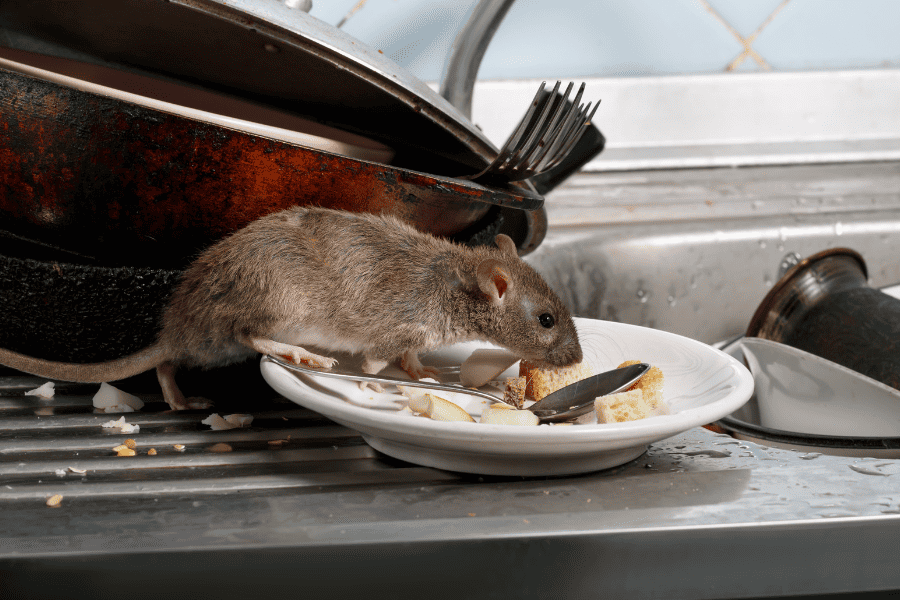
Rodents, including rats and mice, are year-round pests but they can become a major problem as the winter season approaches. Rodents will seek out warmth, food, shelter, and water inside our homes, squeezing through small holes and gaps to get inside. Mice and rats can cause damage to our homes and be a health risk to humans as they are known to chew through insulation, wiring, wood, and contaminate surfaces through their droppings.
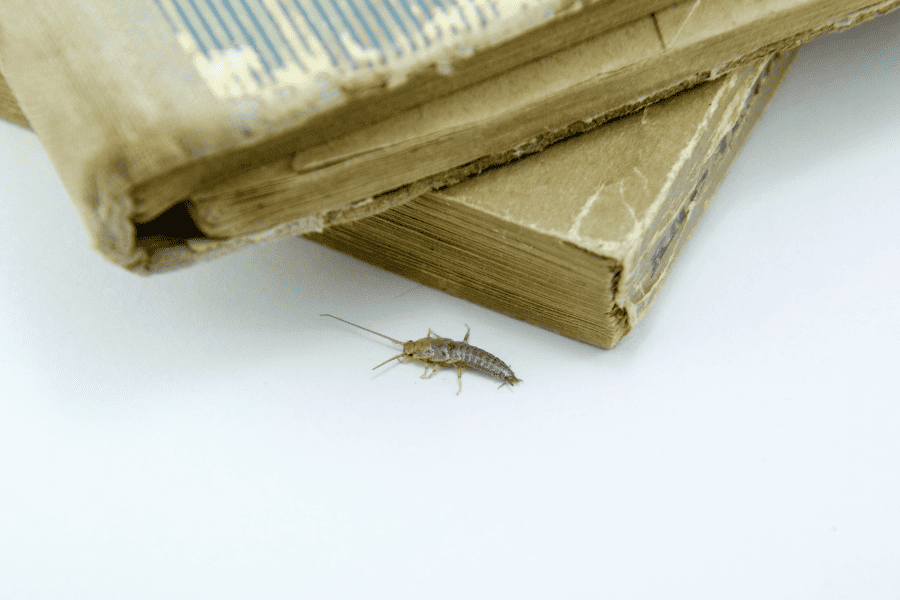
These pests will look to your basements and bathrooms to seek a damp, cold place to live in. While silverfish are harmless to humans, they can invade in numbers, and cause them to be a major nuisance to remove them. These pests will often gain access to your home by hitching a ride through the items you’ve taken out of storage in your garage or attic. Silverfish will also feed on your books, glue, wallpaper, and boxes.
It might seem impossible to deter wildlife creatures from your home during the winter but by placing certain preventative measures throughout your property, you can avoid their infestation! Check out these winter pest control tips when you want to keep these pests away:
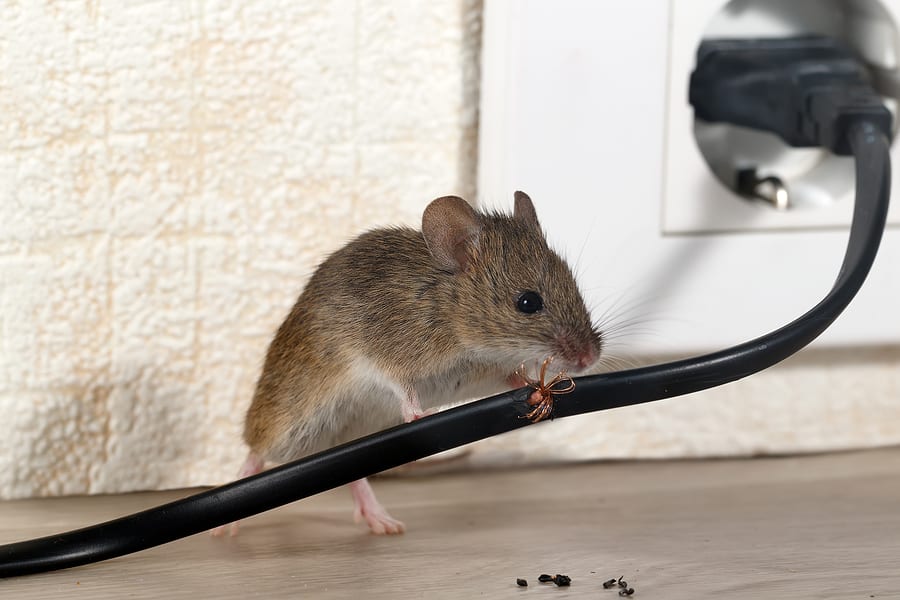
Rodents, including rats, mice, and squirrels, look indoors for a place to nest and food. Once these wildlife creatures get inside your Florida home, they can wreak havoc, destroying insulation, chewing electrical wires, and contaminating food. Prevention is critical when it comes to protecting your home against rodents, especially as the weather cools down and they begin looking indoors for shelter. Check out our rodent prevention tips below.

Your yard is the first defense against rodents, making it essential to place outdoor preventative measures to deter them away. Consider these DIY tips:
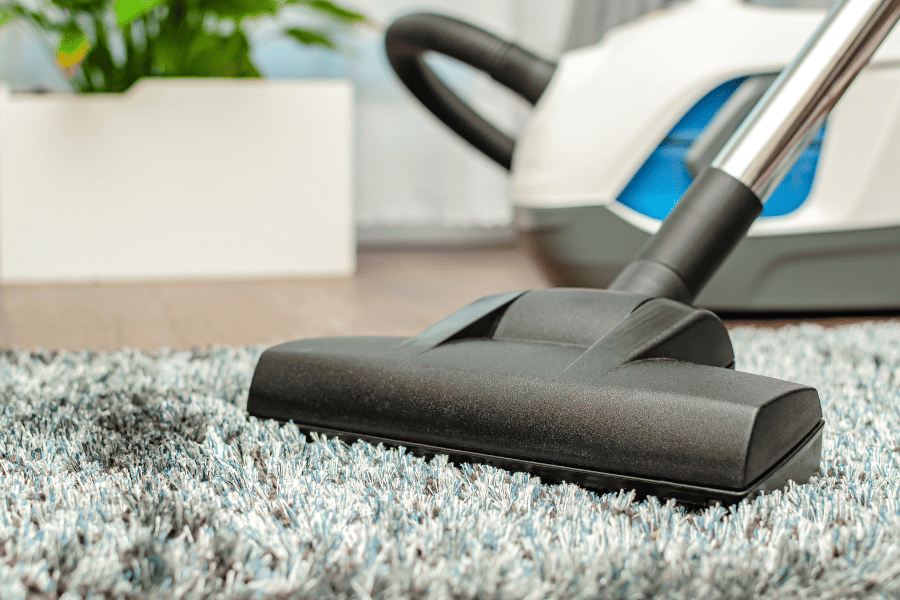
Your home can provide the perfect place for rodents to inhabit, so removing those attractants from inside your home will help keep these creatures out. You can do this by:
If you suspect rodents are inside your home, it’s important to reach out to your professional pest control company. These professionals will be able to inspect and identify the rodent that’s invaded your property. They will also be able to safely remove these creatures, identify areas of entry, and provide a rodent control and prevention plan for your home to avoid further infestations.
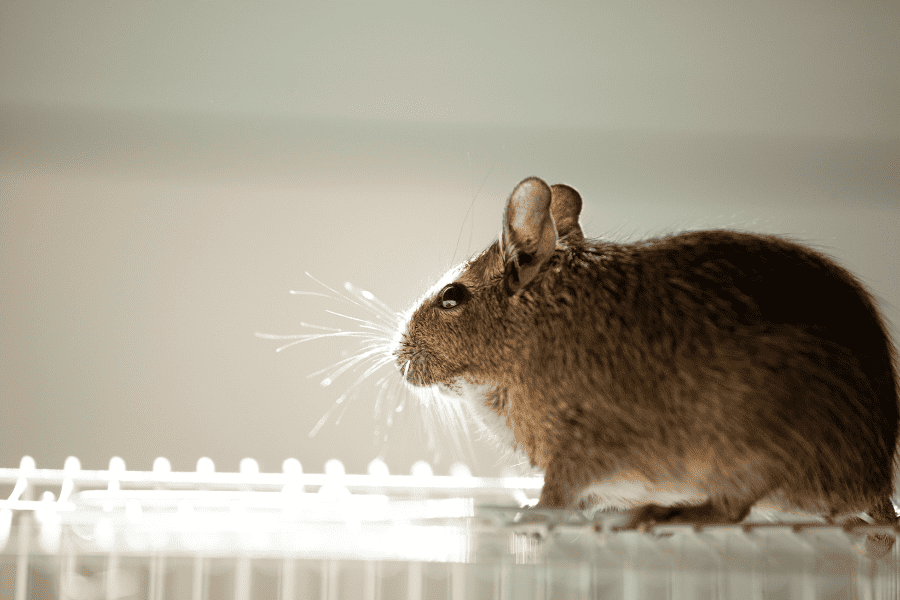
Rodents are a common pest Floridians will deal with. Rodents, like rats and mice, invade homes in search of water, shelter, and food to survive. Once rodents have infested your Punta Gorda home, it can be difficult to remove them as they will often reproduce quickly! It’s important for Punta Gorda homeowners to understand what attracts rodents to their homes and how to prevent them from infesting.
Dealing with rodents in your home is less than ideal. Luckily, there are do-it-yourself preventative measures you can place throughout your home to keep these pests from invading. Consider the following rodent control tips:
In summary, what attracts rodents to your Punta Gorda home is food, water, and shelter. If you suspect a rodent infestation, contact your local pest control company for help. These professionals will thoroughly inspect your home and safely remove any rodents that are found on your property.